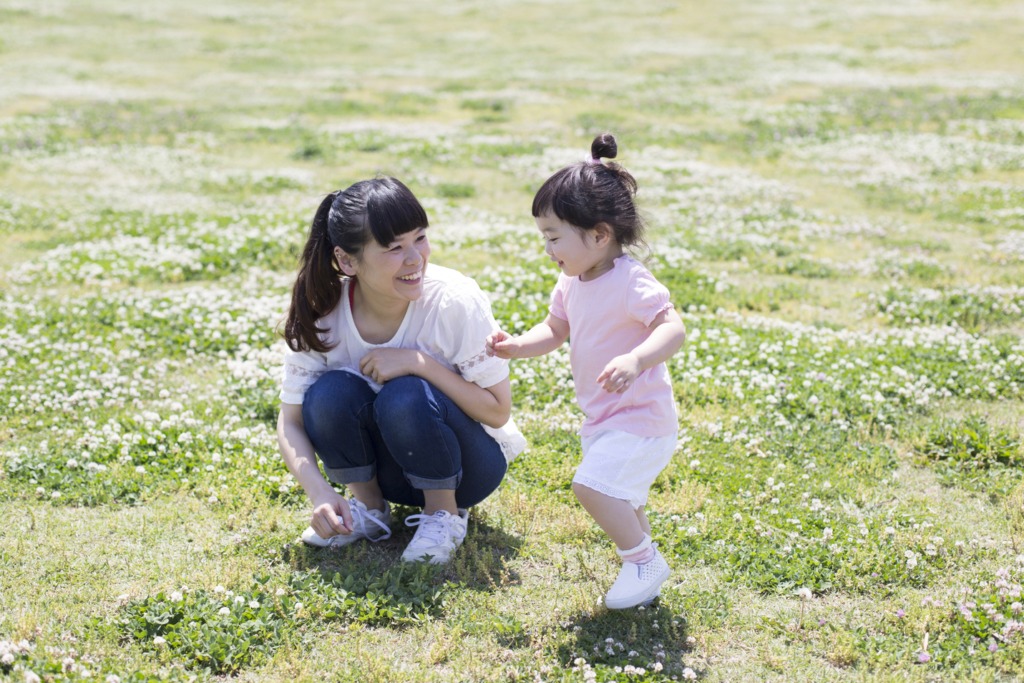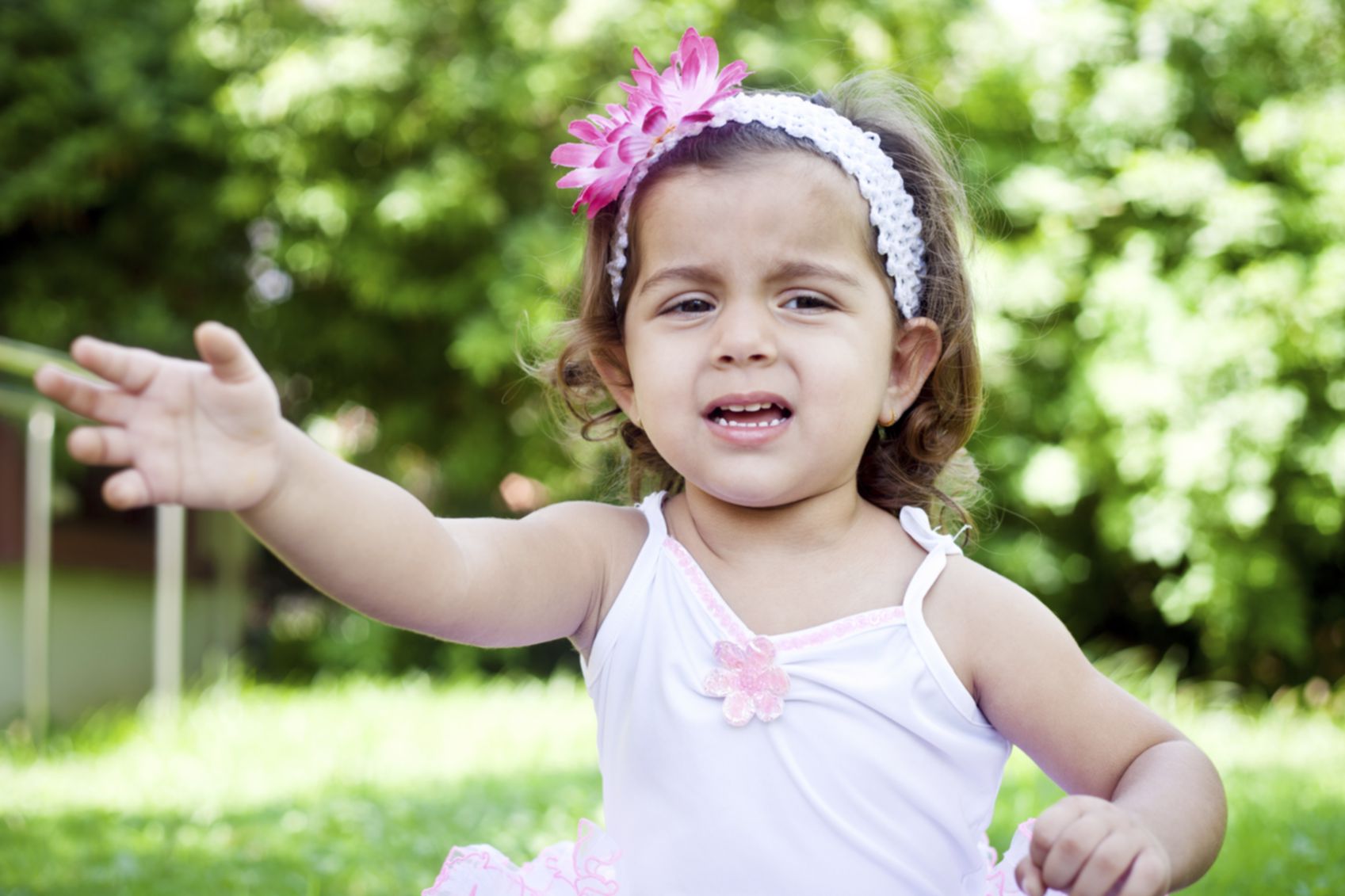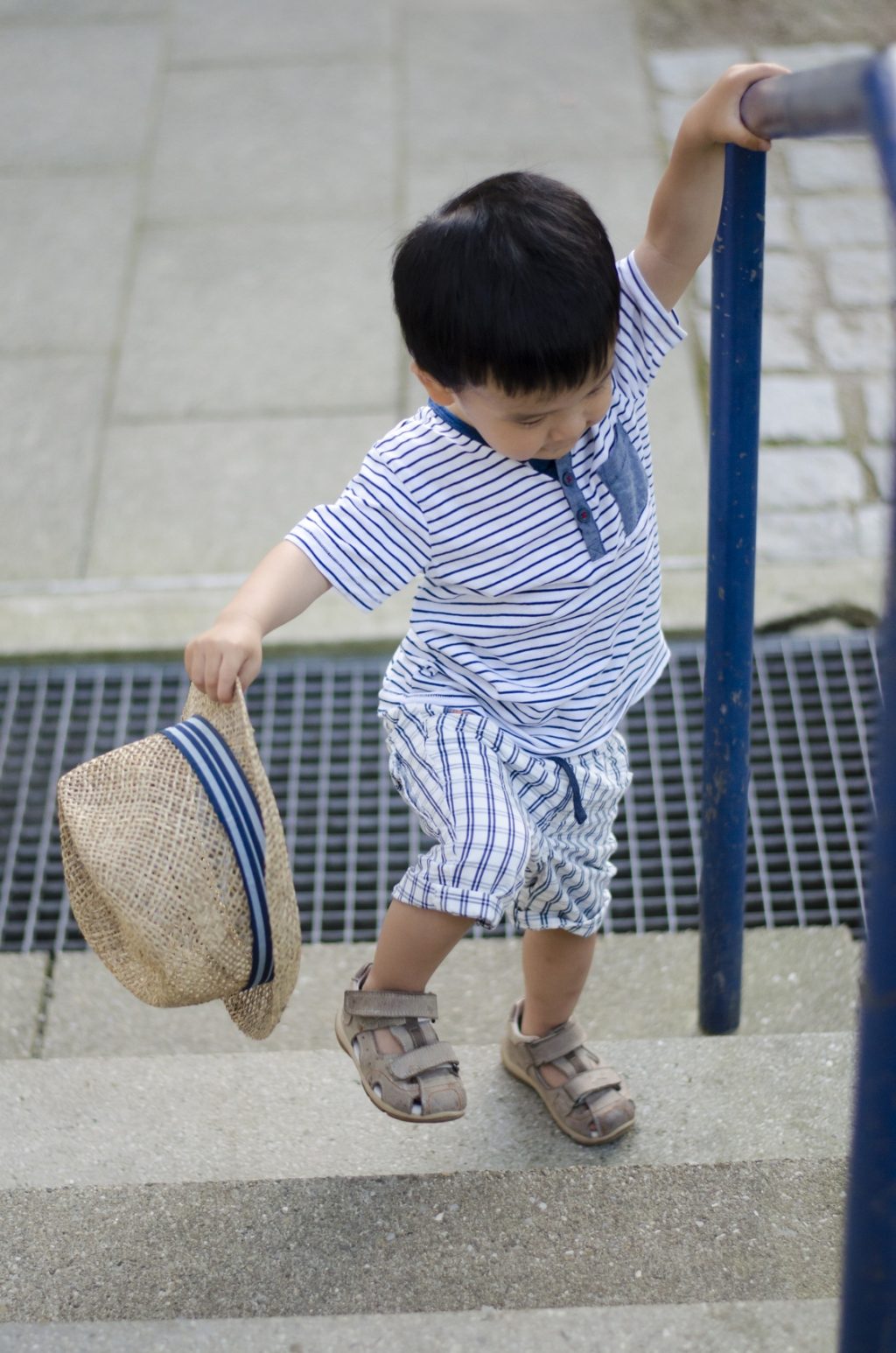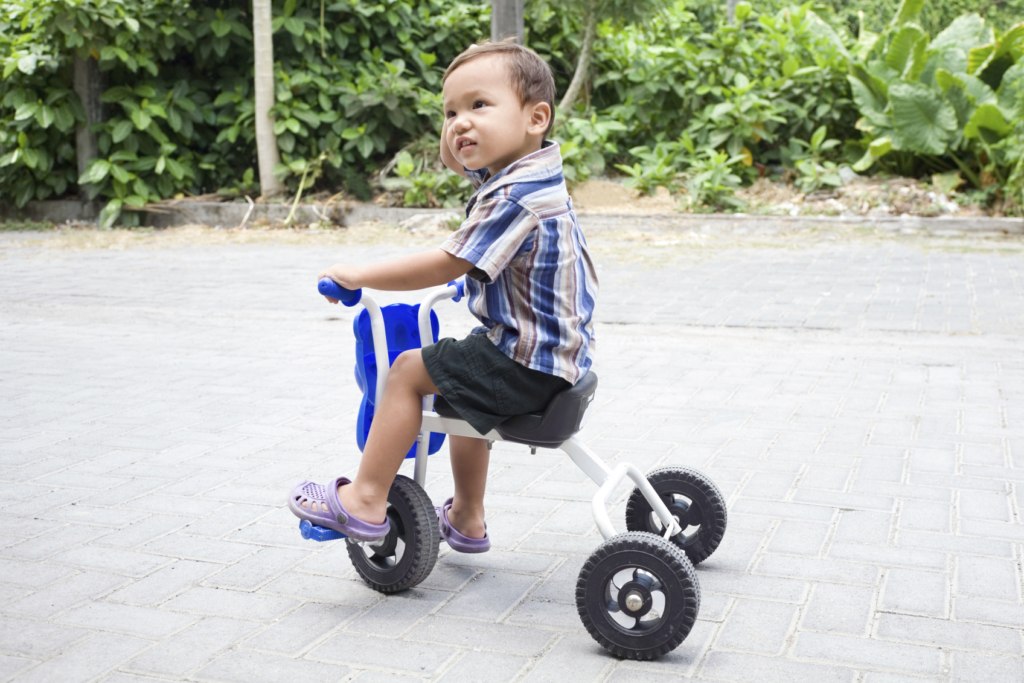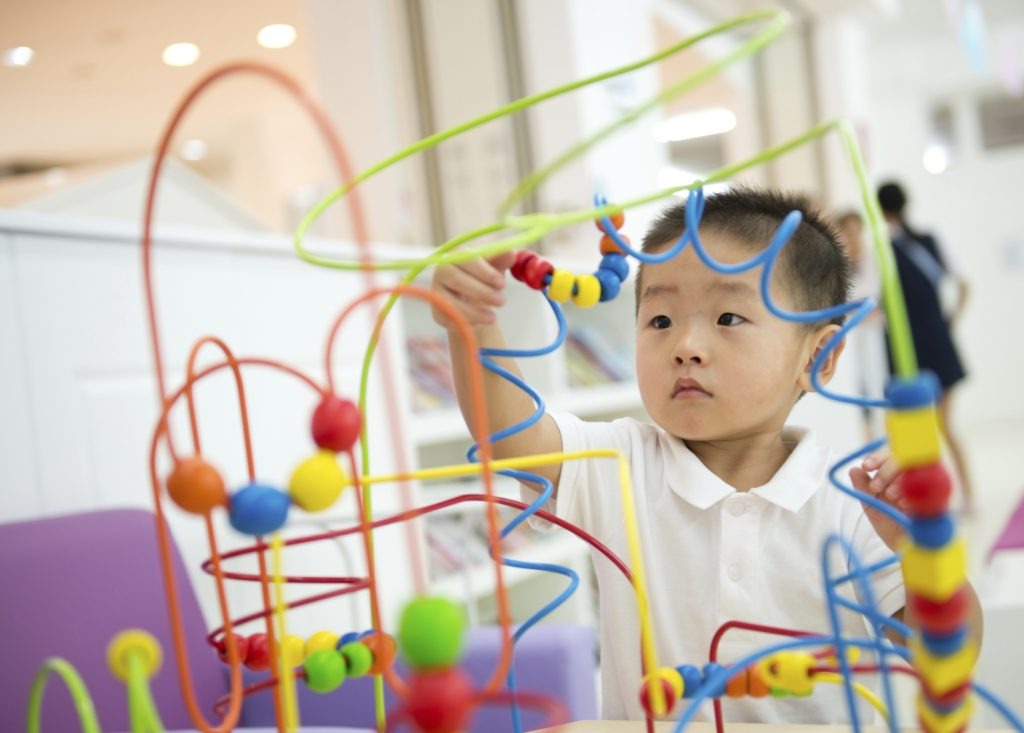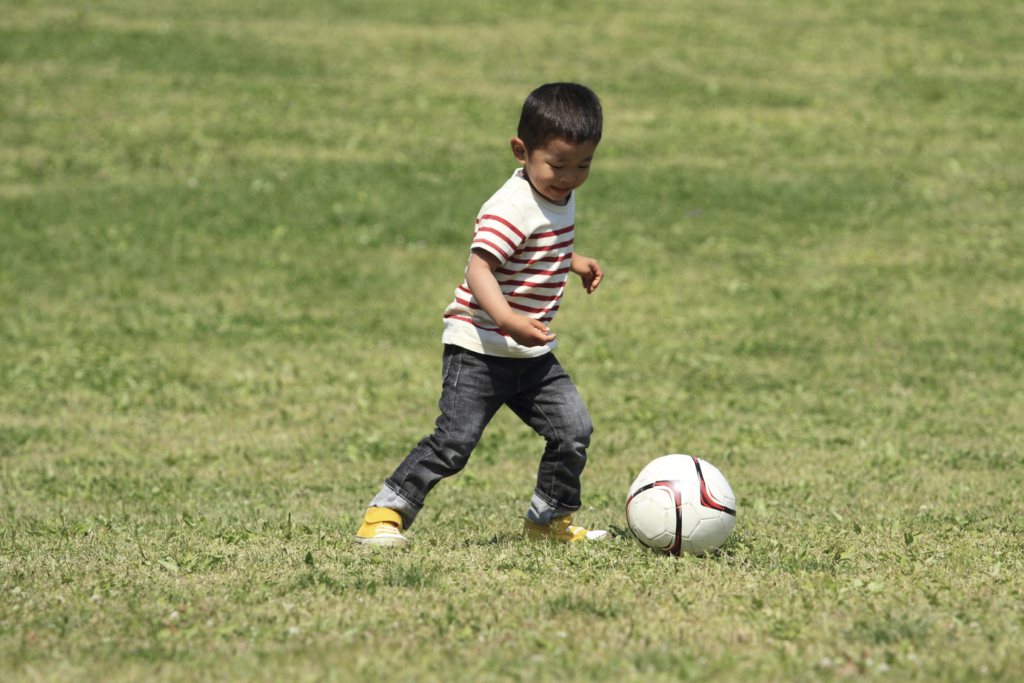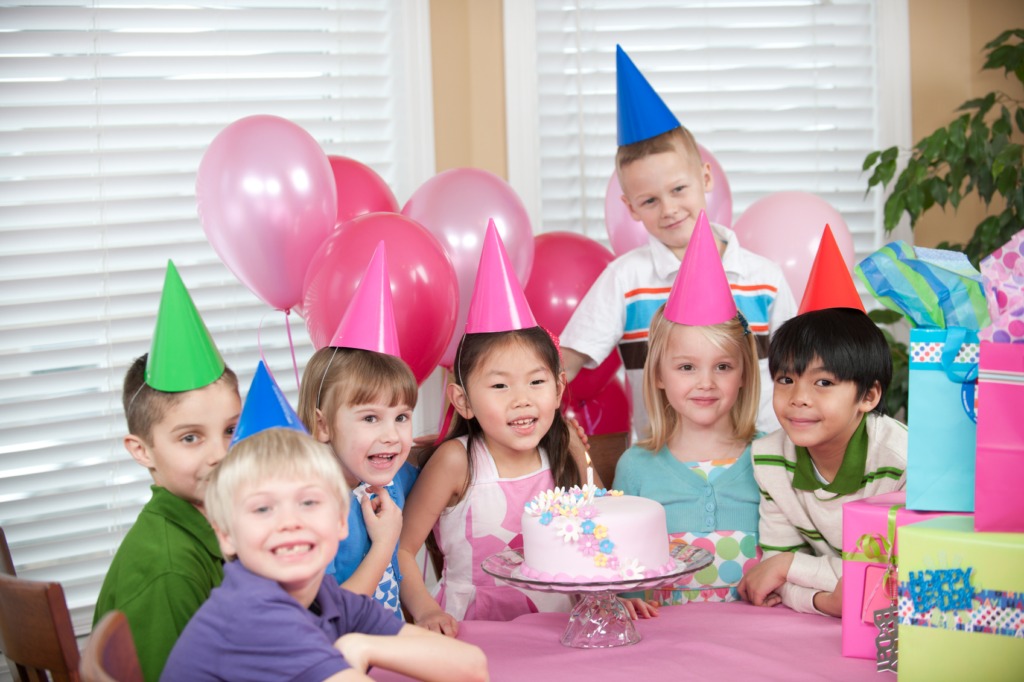SingaporeMotherhood | Baby & Toddler
June 2016
Toddler Developmental Milestones: 12 – 48 months
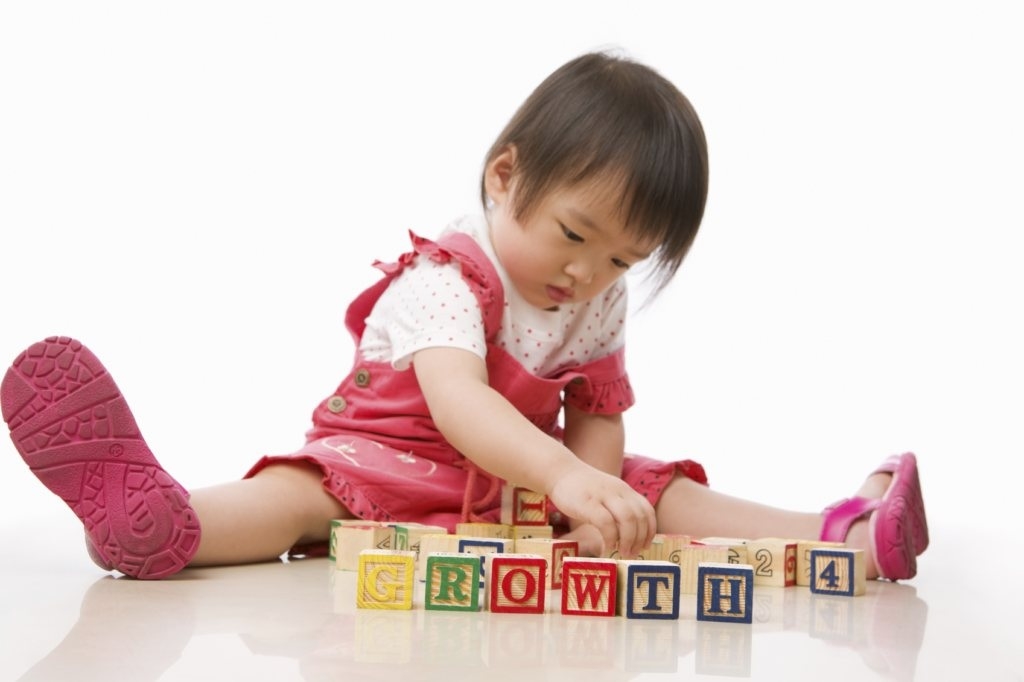
Your tot’s first birthday has finally come and gone. Now, he or she has officially entered toddlerhood. Looking back, the past twelve months have been a mix of laughter and cries (yes, we do feel your exasperation!). But absolutely nothing can replace the elation you felt when your little one flipped over, sat up, and took a step for the very first time.
As we close the chapter on their first year, parents being parents, we don’t rest on our laurels – we know that our tots have many more developmental milestones to reach. We understand that their emotional, social, and physical development shapes the person they grow up to become, and would stop at nothing to nurture them the best we know how (see 20 Easy (and Inexpensive) Activities to Do with Your Toddler at Home).
[banner] [/banner]
This being said, we need to remind ourselves that their progress can’t be forced or hurried, and we should never let these milestones become an unnecessary source of stress. Instead of trying to check off developments from our little “lists”, let us embrace their stage-by-stage growth. By knowing what to expect, we seek only to better prepare ourselves to guide and help them (see 7 Toddler-Taming Tricks).
13 – 16 months
After your tot’s first birthday, he or she continues to chart growth in all aspects. Physically, he or she is able to walk without support. The more adventurous ones might even have mastered the art of climbing a couple of steps by being on all fours.
Your tot can also better grasp objects and even throw them, so be prepared to pick up after your little litterbug.
Socially, your tot is learning to become a better communicator – saying “mama” or “dada”, waving goodbye, and gesturing at things to indicate interest.
Parenting Tips:
At this point, your little tot is in his or her early stages of talking. Since they learn by listening, or by observing the way our mouths move, try to converse with them as frequently as possible. Fret not if your tot is not speaking as much as someone else’s son or daughter.
According to Pamela See, educational and developmental psychologist at Think Psychological Services, “Every child is different and develops at a different pace. If your child does not meet general developmental milestones, it may be because he or she is learning and developing in other areas.”
Since good habits are best cultivated at a young age, Dr Ng Jing Jing, specialist in children’s dentistry at Petite Smiles, recommends parents to use a soft, small toothbrush to brush their children’s teeth and tongue as early as when the first tooth sprouts at about six months old. At this stage, brushing with water is sufficient. However, if a toddler does not have any teeth, or continues to show no signs of teething at this point, Dr Ng advises parents to consult a dentist.
17 – 20 months
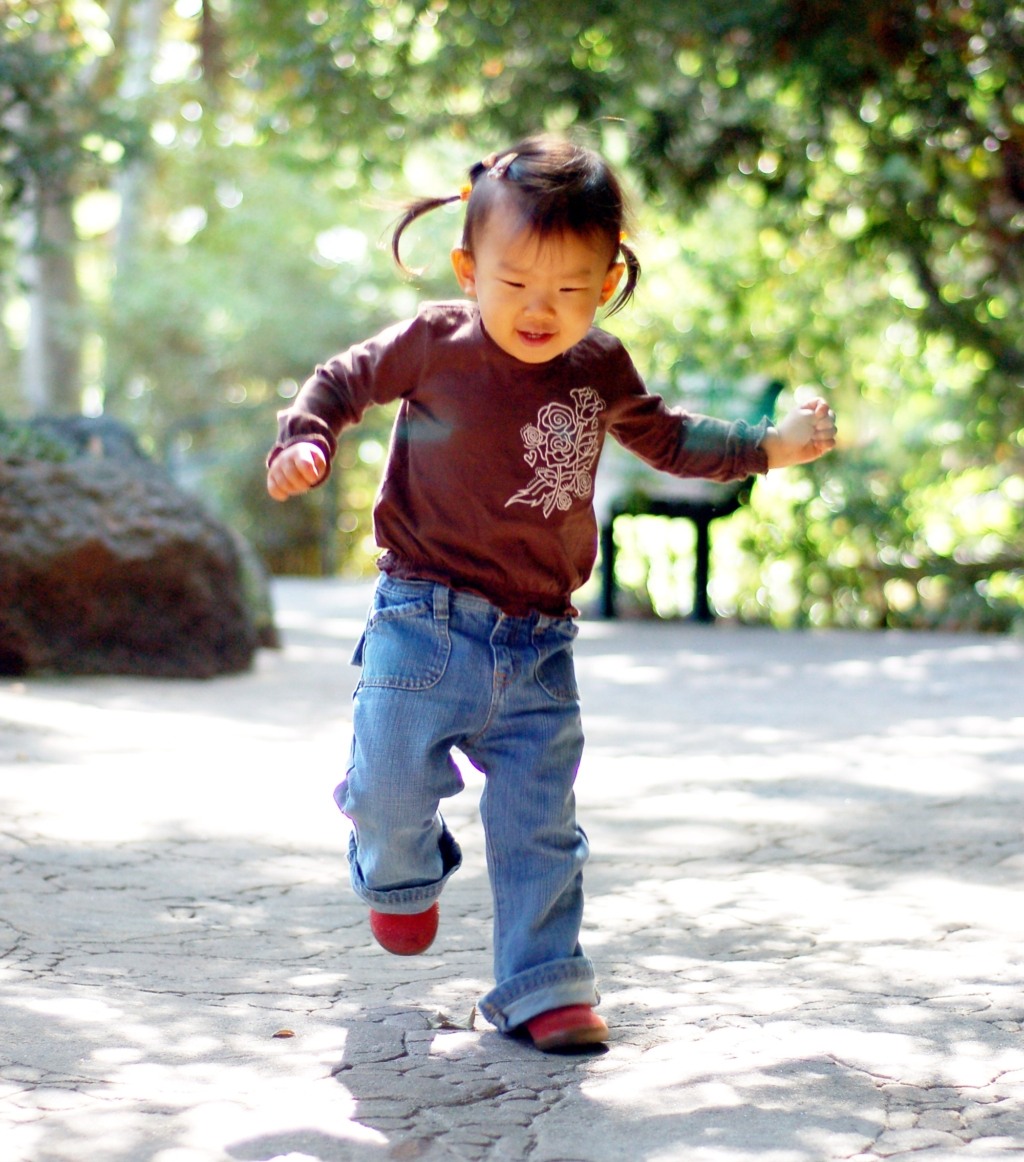 Image cc licensed (CC BY 2.0) flickr image Toddler’s jumps by yolilin
Image cc licensed (CC BY 2.0) flickr image Toddler’s jumps by yolilin
Your tot has a better sense of self now, and begins to identify himself or herself as a separate entity. Increasingly, your tot is starting to sort shapes and colours. His or her verbal ability is also growing, and is now capable of putting two to three words together.
Your tot is also aware of body parts and can point at areas like “head, shoulders, knees and toes”! They may not be able to express themselves very clearly yet, but they are certainly capable of following simple instructions, and can fetch a bottle at your request.
Physically, he or she is becoming a more confident runner, and can even jump with both feet in the air.
Parenting Tips:
Your tot can now respond to simple questions. From first understanding nouns and verbs, he or she is moving on to grasp adjectives like “small” and “red”. Encourage language development by introducing your tot to more words.
At this stage, toddlers differentiate a statement from a question by the tone we use. Engage your tot by asking short, simple questions and allow him or her to reply using words or gestures.
21 – 24 months
Your little one is turning two! At the second birthday, you can even expect your tot to thank guests for their presents when prompted. He or she can begin to engage in short, simple two- to three-sentence conversations with you. Some even start to ask questions!
At this stage, toddlers begin to show more affection for people and things around them, which is part of developing empathy. They also start to parallel play and pretend play.
Your tot is also more aware of his or her own feelings and emotions. Freda Sutanto, educational and development psychologist at Kaleidoscope Therapy Centre, tells us that at this stage, toddlers develop the language skills that help them express their ideas, wants, and needs. However, they do not understand logic and still have a hard time with waiting and self-control – this explains why they are saying “no” more.
Parenting Tips:
Your tot might have reached the “terrible twos” (see “My Toddler Is A Monster!”), characterised by tantrums and mood swings. Freda encourages parents to help their toddler express his or her feelings in age-appropriate ways. Instead of stomping his or her feet when angry, she suggests helping your tot understand there are many healthy, non-hurtful ways of expressing feelings.
25 – 28 months
Your tot continues to express a wider range of emotions and is more willing to engage others. He or she begins to form simple sentences to indicate wants, though most still struggle with getting the right sounds.
At this stage, your tot can walk up and down a flight of steps confidently. He or she has better coordination and might find pleasure in being able to balance on one foot.
Parenting Tips:
Celebrate your tot’s little victories with lots of praise and positive attention. Continue to engage him or her in frequent conversations, and set a good example by speaking in grammatically correct sentences. Also encourage your little one to explore movements through music and dance.
29 – 32 months
Your tot is beginning to understand that there are rules at home and at an environment like school. He or she is now able to better interact with friends, and is beginning to understand the concept of sharing (but that doesn’t mean they are ready to share yet!).
Physically, your tot’s fine motor skills are also improving. He or she is now able to pedal and steer a tricycle well. Your tot has a good grip of the pencil and can draw simple shapes. Independent feeding is not such a messy affair now – phew!
Parenting Tips:
Continue to impose rules at home and be firm about getting your tot to abide by them. Having a clear stand lets your tot know what is tolerable and what isn’t.
Toddlers also need routines as it gives them a sense of security and helps them develop self-discipline. Help your tot to cultivate good habits in all areas of his or her daily life. For instance, teaching our tots proper oral hygiene. Dr Ng encourages parents to teach toddlers to spit efficiently at around 30 months old, so that by the time they turn three, parents may introduce a smear of adult-strength toothpaste to protect their teeth from decay.
33 – 36 months
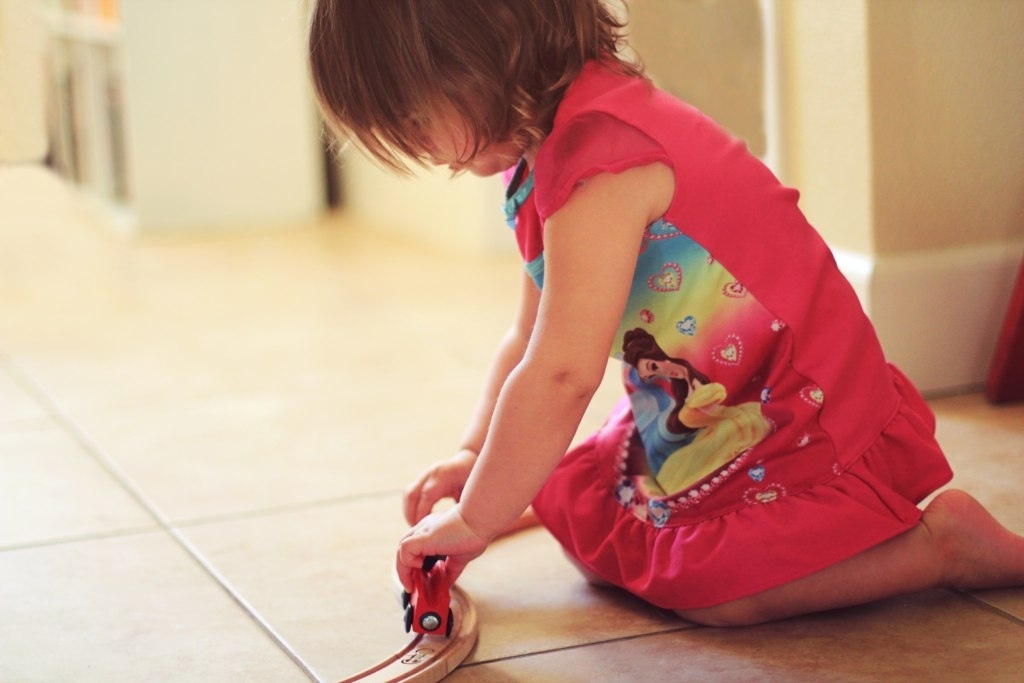 Image cc licensed (CC BY 2.0) flickr image A girl loves her trains by Kourtlyn Lott
Image cc licensed (CC BY 2.0) flickr image A girl loves her trains by Kourtlyn Lott
Toddlers might start talking to themselves now, but that’s only because they have added some imaginary friends to their social circle. When it comes to play, Ms Sutanto tells us, “At three years old, toddlers can parallel play alongside other children, but may not be able to share yet. They begin to play house and use symbols in their play, such as using a stick as a sword.”
“Other key socio-emotional developments include being more assertive about their preferences, begin self-evaluating and developing notions of good, bad, and attractive, show awareness of their own feelings and those of others, and being able to talk about feelings.”
Parenting Tips:
Changing mood swings is common amongst toddlers. Ms Sutanto encourages parents to help the child make sense of his or her feelings by using words to describe emotions such as anger and jealousy. “Teaching them these words is important, because over time, it gives them the ability to talk about their feelings instead of acting them out. It also helps to read them books about feelings,” she explains (see Toddler Tantrum Triggers (and Strategies to Solve them!)).
“Parents need not be too worried unless the child exhibits behaviour such as not starting or responding to simple interaction with other children, extreme aggression or severe temper tantrums that cannot be redirected or stopped, extreme fears that interfere with daily activities, are extremely rigid about routines, or consistently scream instead of using language.”
37 – 40 months
Your tot is now capable of saying his or her name and age. He or she has blossomed tremendously in the language department, and is now conversant in five- to six-word sentences. At this stage, toddlers grow confident in numbers and can count up to 20. They can also solve simple puzzles.
Parenting Tips:
Your tot is now capable of sharing his or her emotions with words. Now that you can engage your tot in two-way communication, get him or her to share about their emotions using simple words. Stretch your tot’s cognitive ability by asking him or her to recollect a past event and what he or she felt at that point.
At this stage, toddlers also thrive on choices, so engage them in the decision-making process and help them consider cause and effect.
41 – 44 months
Expect to hear endless “whys” and “hows” as your tot begins to challenge some of your thoughts and opinions. He or she is beginning to throw and catch a ball, and moves about confidently.
Parenting Tips:
At this stage, some toddlers might have given up on napping or are starting to resist naps in the middle of the day. Either way, your toddler requires some quiet time to rest and unwind in the late afternoon. Encourage activities that can be carried out quietly, or play soft music to create a restful mood. Also consider bringing forward your tot’s bedtime if he or she gets increasingly cranky before the usual bedtime. Essentially, they need about 12 hours of sleep a day.
45 – 48 months
By the age of four, Ms See notes that a toddler learns and understands a little about how the world works and relationships forged. He or she also starts to grasp differences between people.
“Your toddler’s speech and language development is also deepening. He or she can strike a conversation about many different topics and can understand jokes. They also begin to remember more than a single thought at a time.”
By now, you can also expect your tot to have friends and enjoy play in small groups. At this stage, toddlers can follow instructions with two to three steps. They are becoming a lot more independent and are toilet trained. However, they still require us to bathe them and brush their teeth.
Parenting Tips:
Foster independence by allowing your tot to eat or put on clothes without your help. Let them solve simple problems in a safe environment, without jumping at every chance to offer help. So if their hands are full, but need to open a door, step aside to let them do what they think is necessary. Assigning simple chores like wiping a table or watering the plants are ways to help them build confidence.
There is no need to sound alarm bells if there is an area or two where your tot seems somewhat lacking. However, Ms See advises parents to seek professional advice if a child displays the following: behaviour that impedes his or her learning or daily living skills, does not seem interested in other children, does not speak clearly, or seems to lose skills that he or she had previously achieved.
All content from this article, including images, cannot be reproduced without credits or written permission from SingaporeMotherhood.
Follow us on Facebook, Instagram, and Telegram for the latest article and promotion updates.




